 2019, Winnipeg, Manitoba, Canada
2019, Winnipeg, Manitoba, Canada
Keanna Bailey and Jenna Myskiw are students at Garden City Collegiate in Winnipeg, Manitoba. They noticed that the field marking paint that their school division used on school sports fields was made of a material that could leach into their watershed and cause problems. They found an alternative that was much more eco-friendly. They approached their school division to see if they would support a change in the paints they were using, and the division agreed to change all their paint over to eco-friendly options! The division made the change on their own without any additional funding, and they plan to continue to use it in the future. Sometimes, all it takes is letting someone know there is a better way!
“Encouraging more youth to take precautions and rethink how their lifestyle is impacting our watershed. By creating this conversation, along with educating each other on Lake Winnipeg watersheds current situation allows the topic to be exposed to more people. Ultimately try to get everyone switching their ways to ecofriendly products. At last, we are concerned for our watershed and want to help fix the chemical flow into Lake Winnipeg. Because it is devastating to see, our lake portrayed as a harmful body of water, mainly due to human activities that can be fixed. We want to be able to enjoy Lake Winnipeg for years to come, and that starts with recognizing our actions, and revising to more sustainable options that will benefit our watershed and overall environment.”


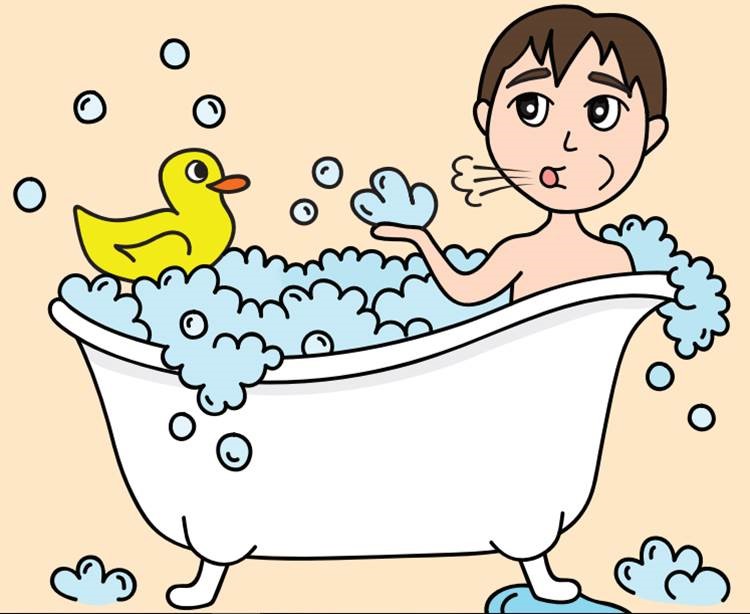
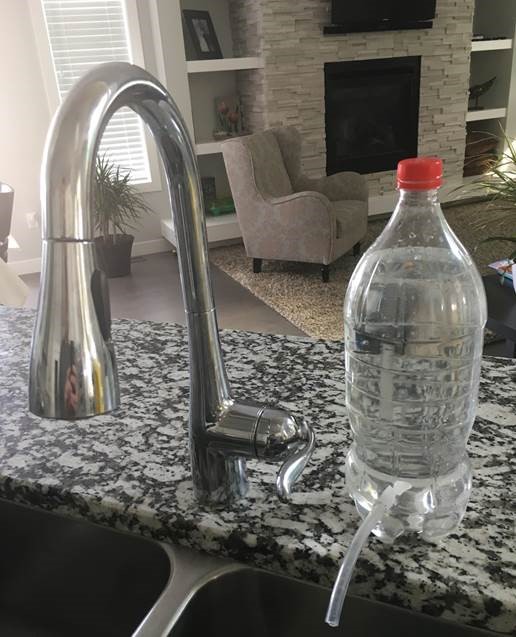
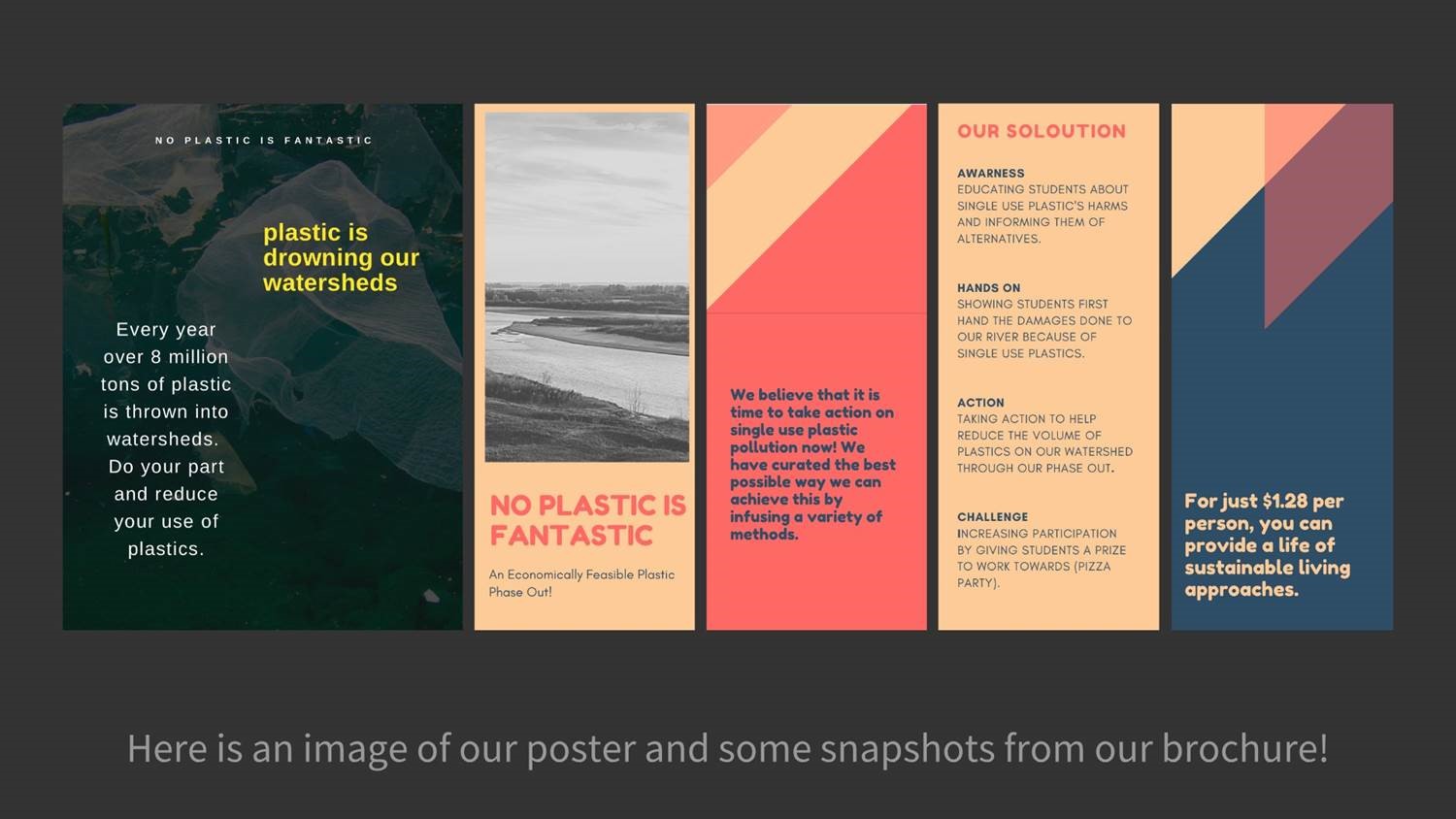
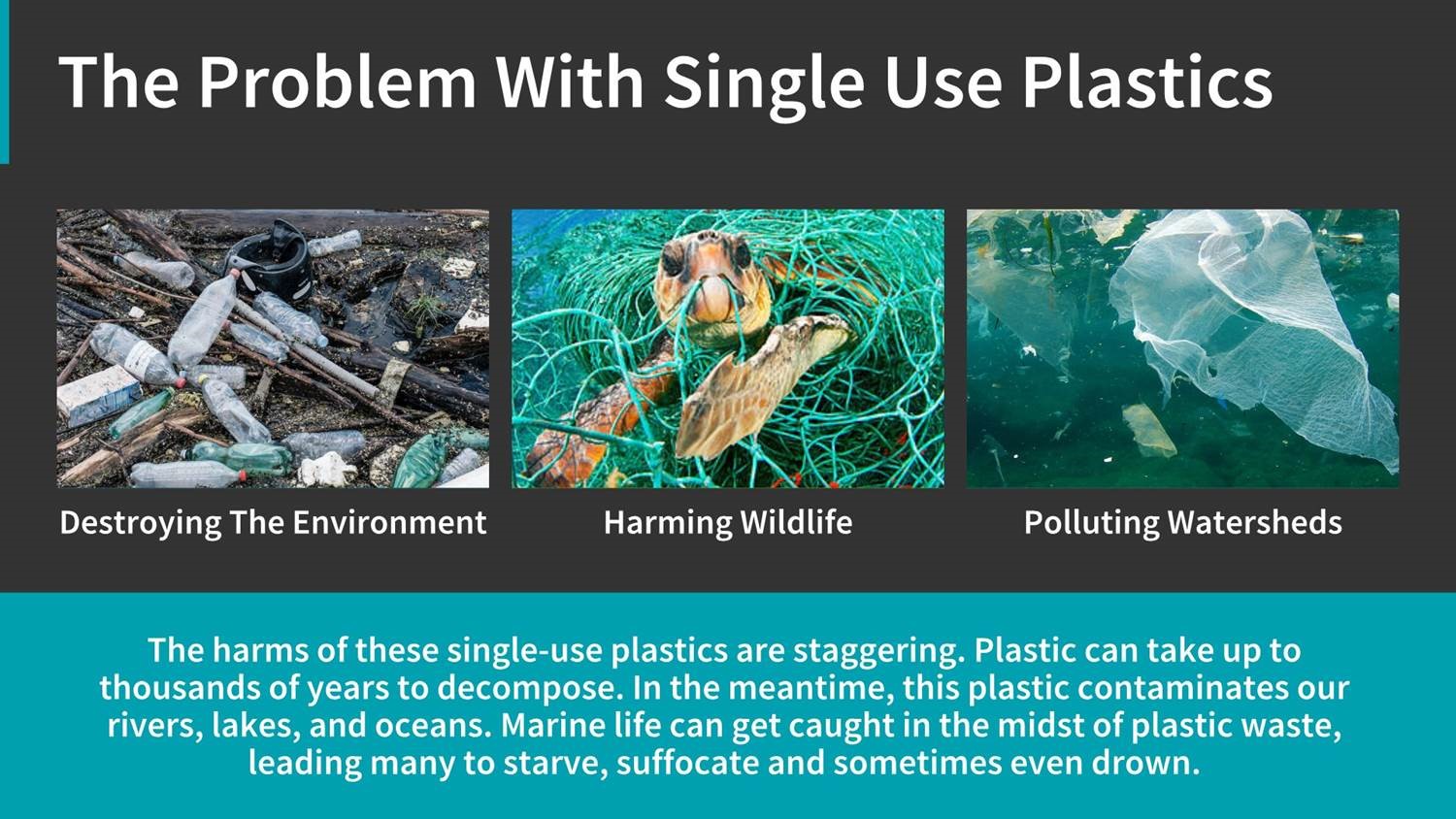
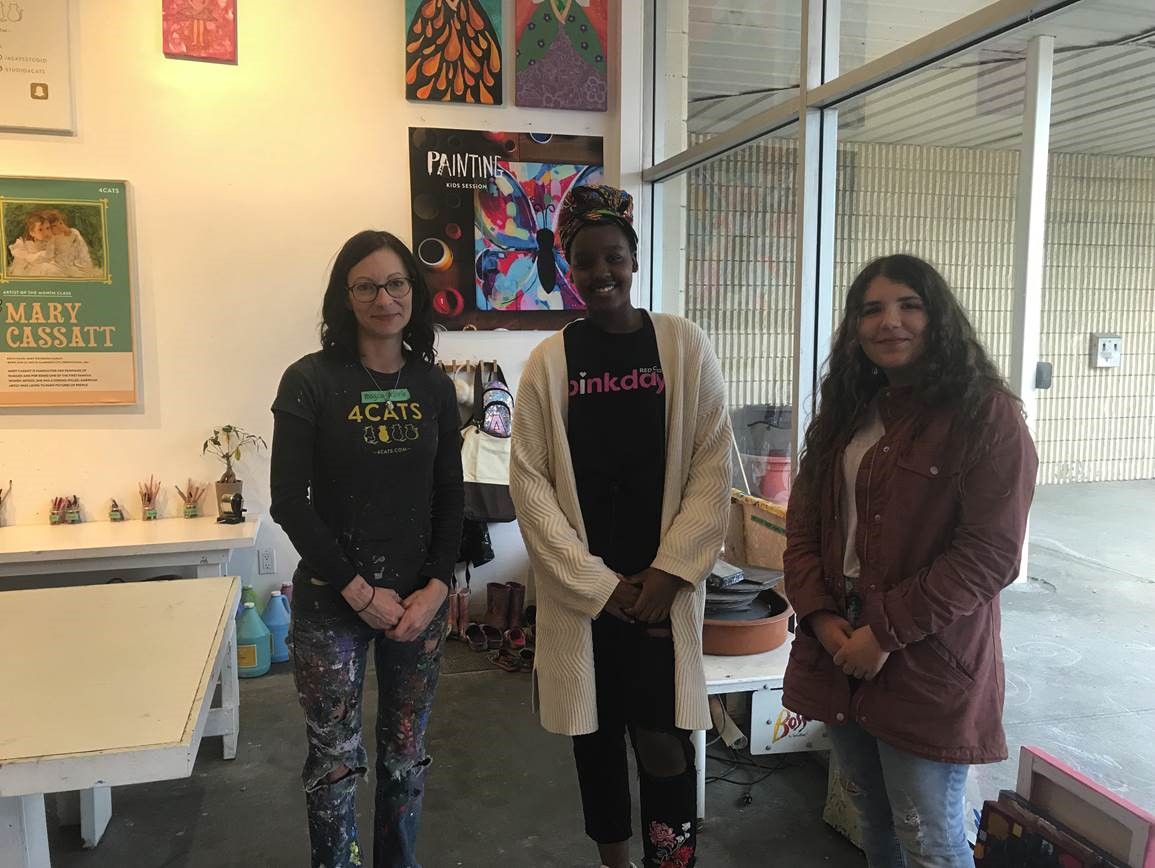
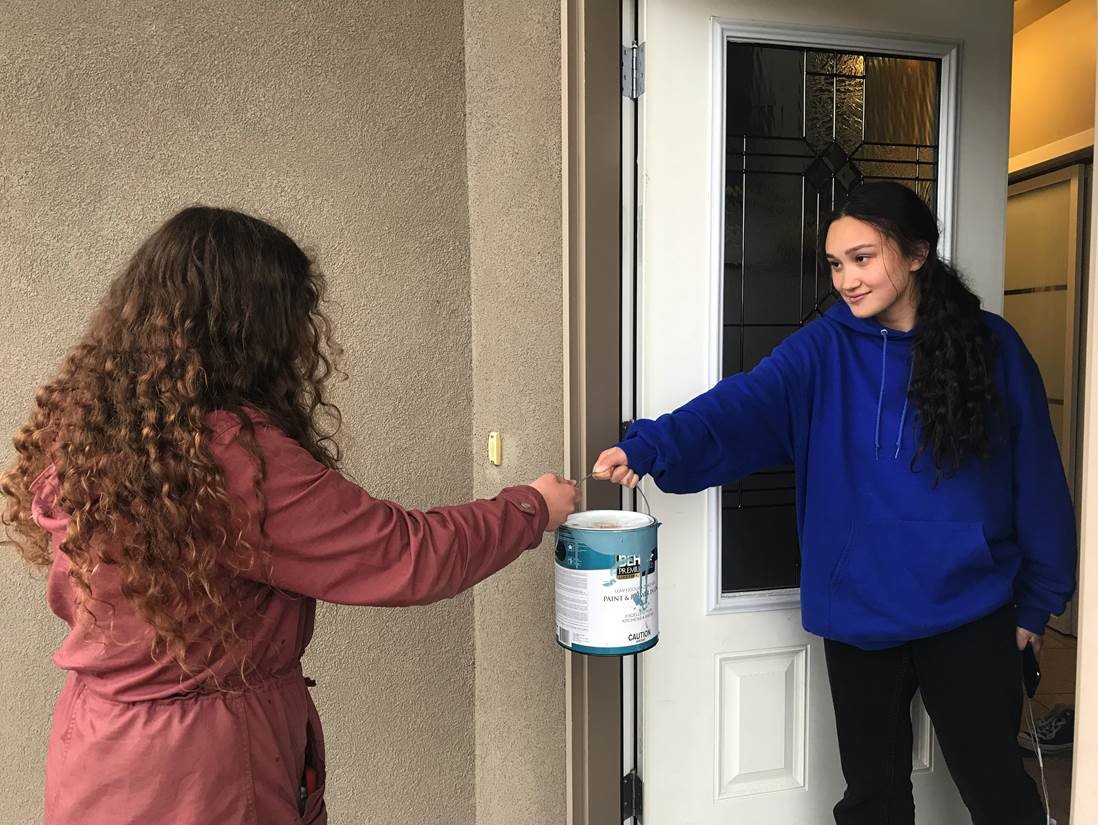
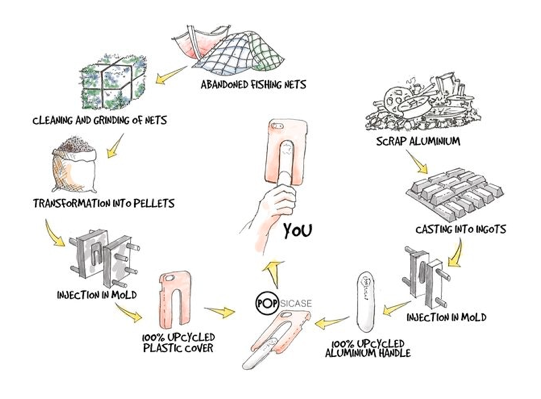
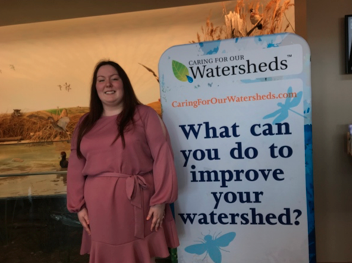
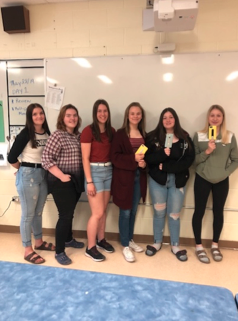
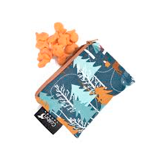
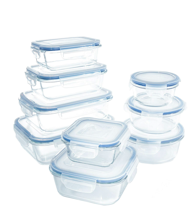
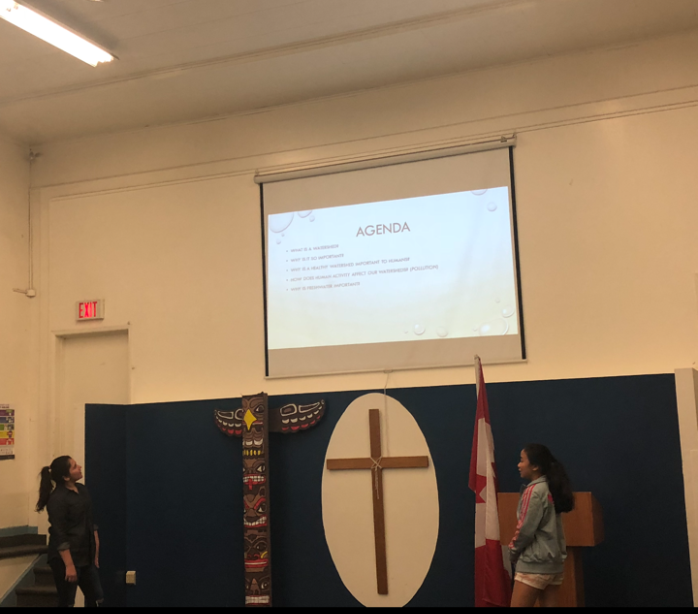 2019, Winnipeg, Manitoba, Canada
2019, Winnipeg, Manitoba, Canada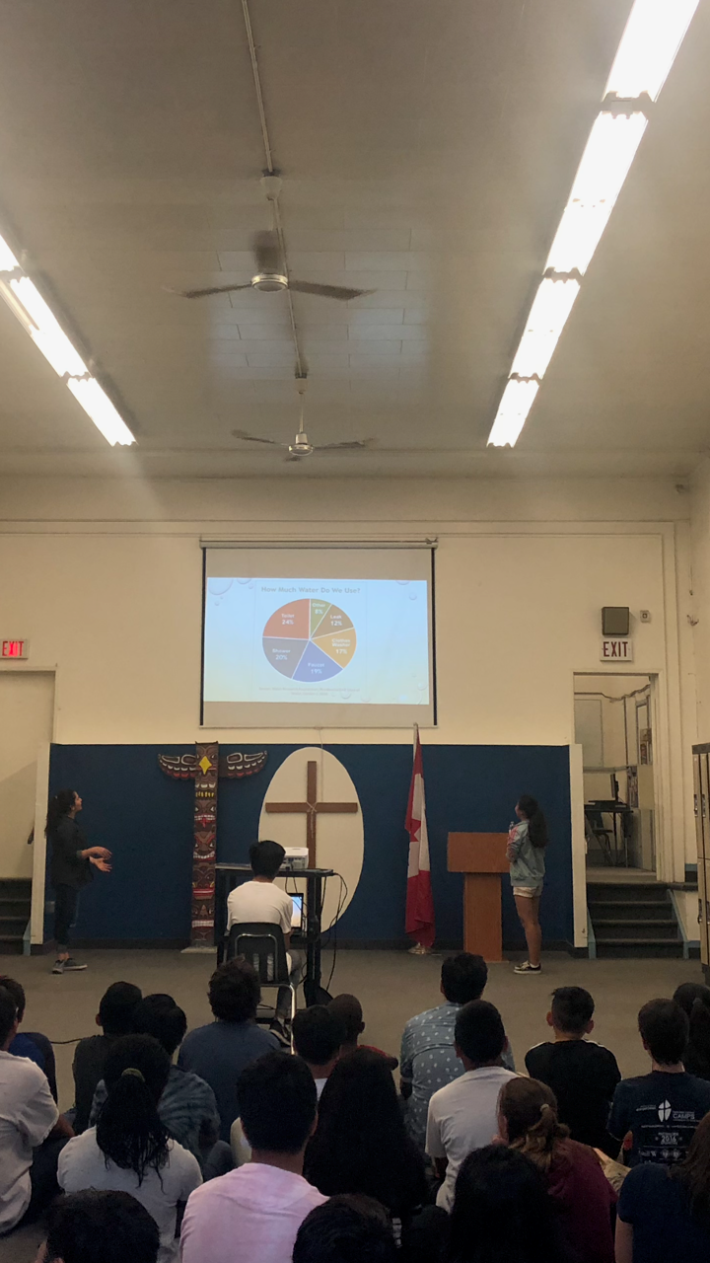
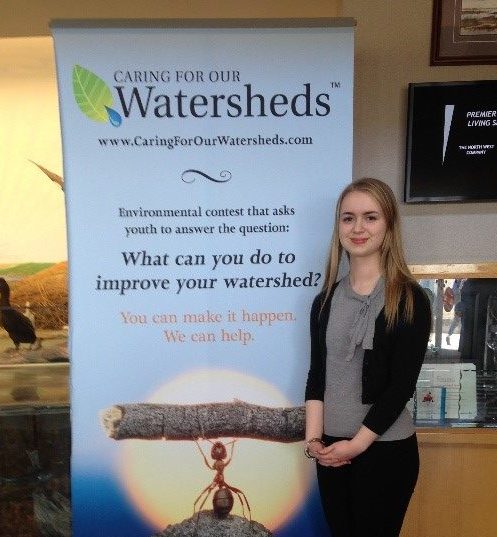 2018, Winnipeg, Manitoba, Canada
2018, Winnipeg, Manitoba, Canada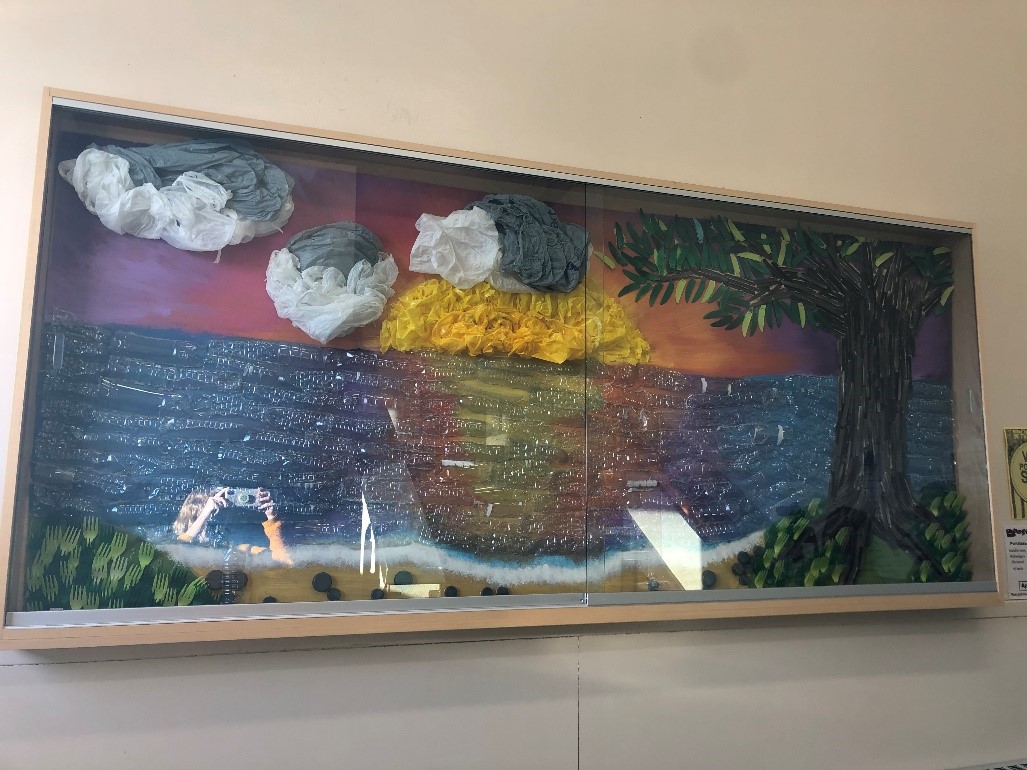
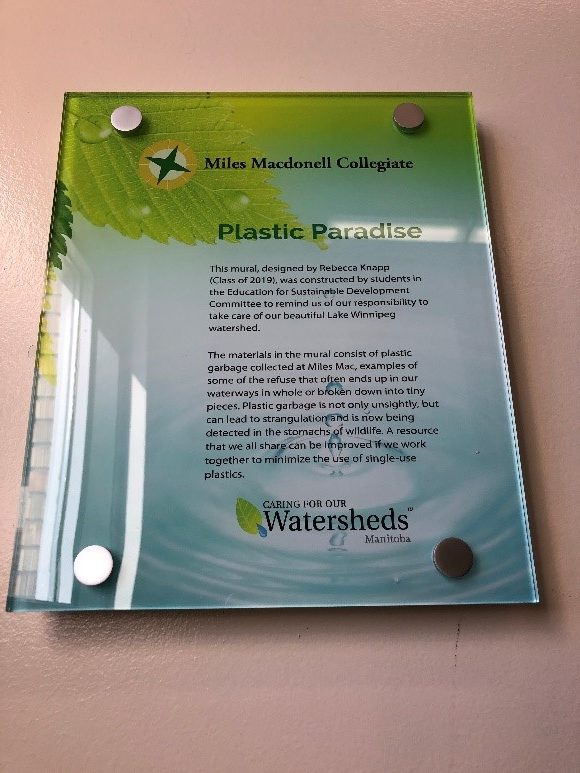
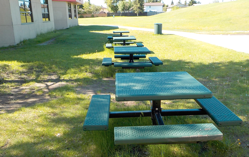

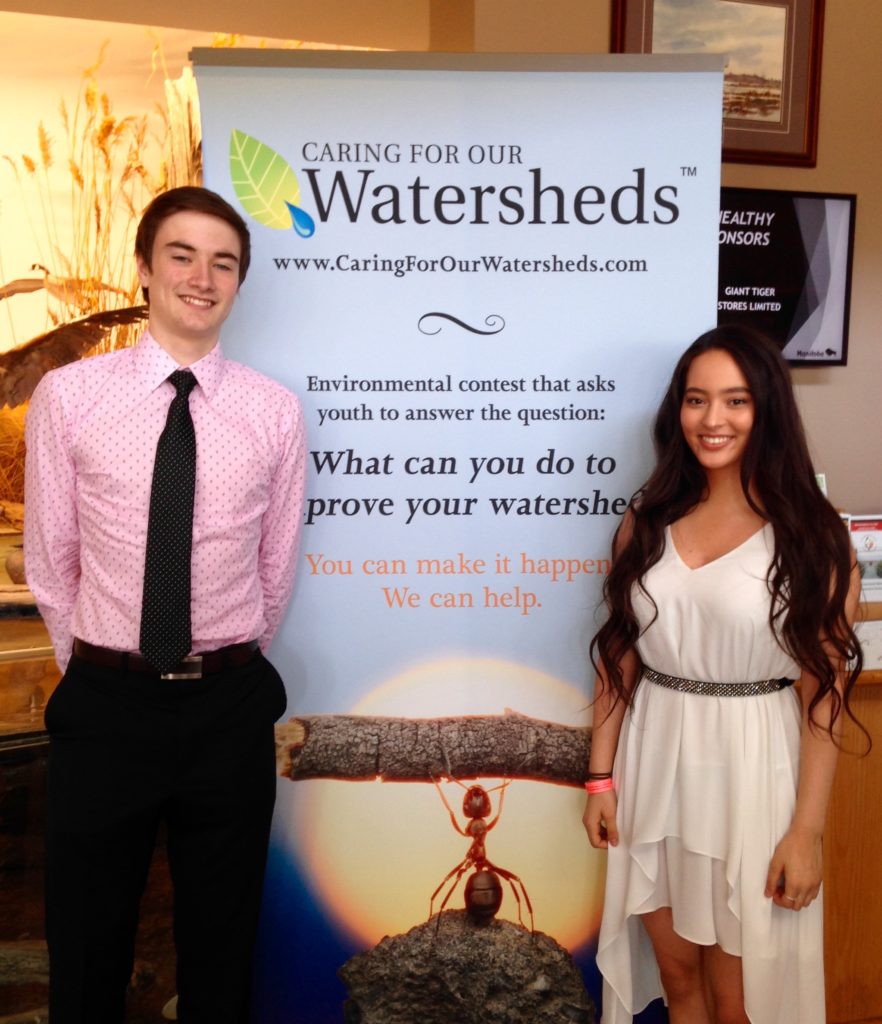 motivate others to create change in their community.
motivate others to create change in their community.